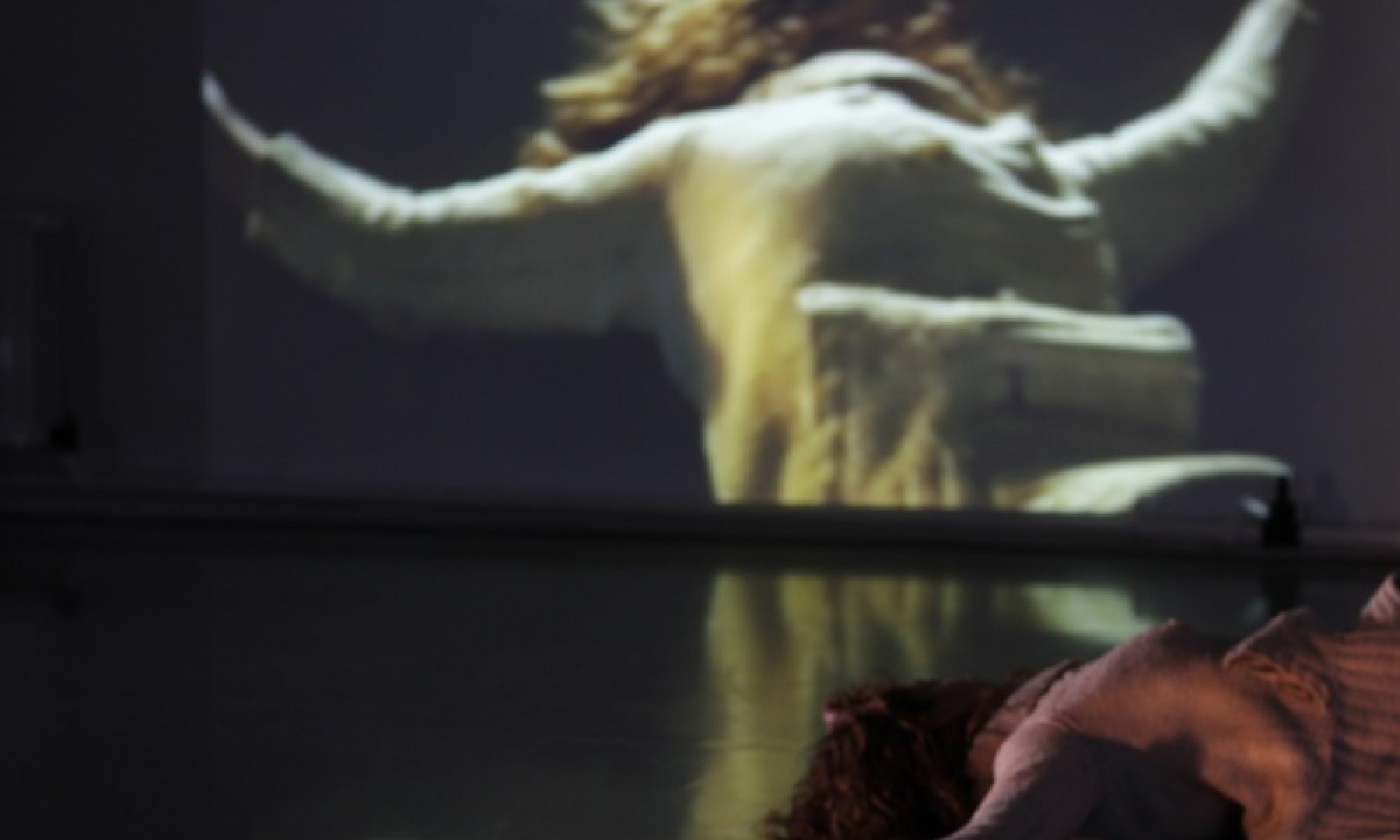I’ve been thinking about how we ‘make a case’ for working with practice-research as an approach to research. Twenty years ago it seemed like each practice-research PhD reiterated the entire (brief) history of methodological development in order to justify its approach. This was certainly the way I handled my insecurity about my own doctoral research methods. It was akin to “if less is more think how much more more is”, or worse, a shotgun approach to making a case for one’s methodology: if you fire enough times you are bound to hit something.
It is no longer necessary — if it ever was — to make a case like this for a practice-research project. In other words, practice-research is a thing; it has precedents, histories, problems, limitations and possibilities. Just relax.
To make a case then means being clear about two things:
- what is fundamental to my practice?
- what understandings might this practice afford? (this is another way of saying, what research questions is the practice able to address?)
By adopting a particular artistic practice (or set of practices) you’ve already delimited your research methods quite precisely, and this in turns influences what kind of questions you can ask, and what kinds of responses (or even research outcomes) you might develop. This is critical: the circular relationship between questions, methods and responses (or answers as Biggs and Buchler describe) enables us to make a concise methodological case.
For example:
- at the heart of a (hypothetical) practice is working with exposure in photographing human movement
- this offers various perspectives on the research (off the top of my head), not least light and photography, stillness in movement, and the mechanics of exposure. Clearly, these are very broad areas (with distinct communities of practice) but through the practice I would be able to become increasingly specific with my understanding of what the practice affords, and what questions I can ask.
Note that in this short post, it is the practice that is driving what might become possible. That understanding — including methodological clarity — emerges from the practice. This means that if you are attempting to propose a project that is not already steeped in your practice then you will, I think, just be making shit up.
